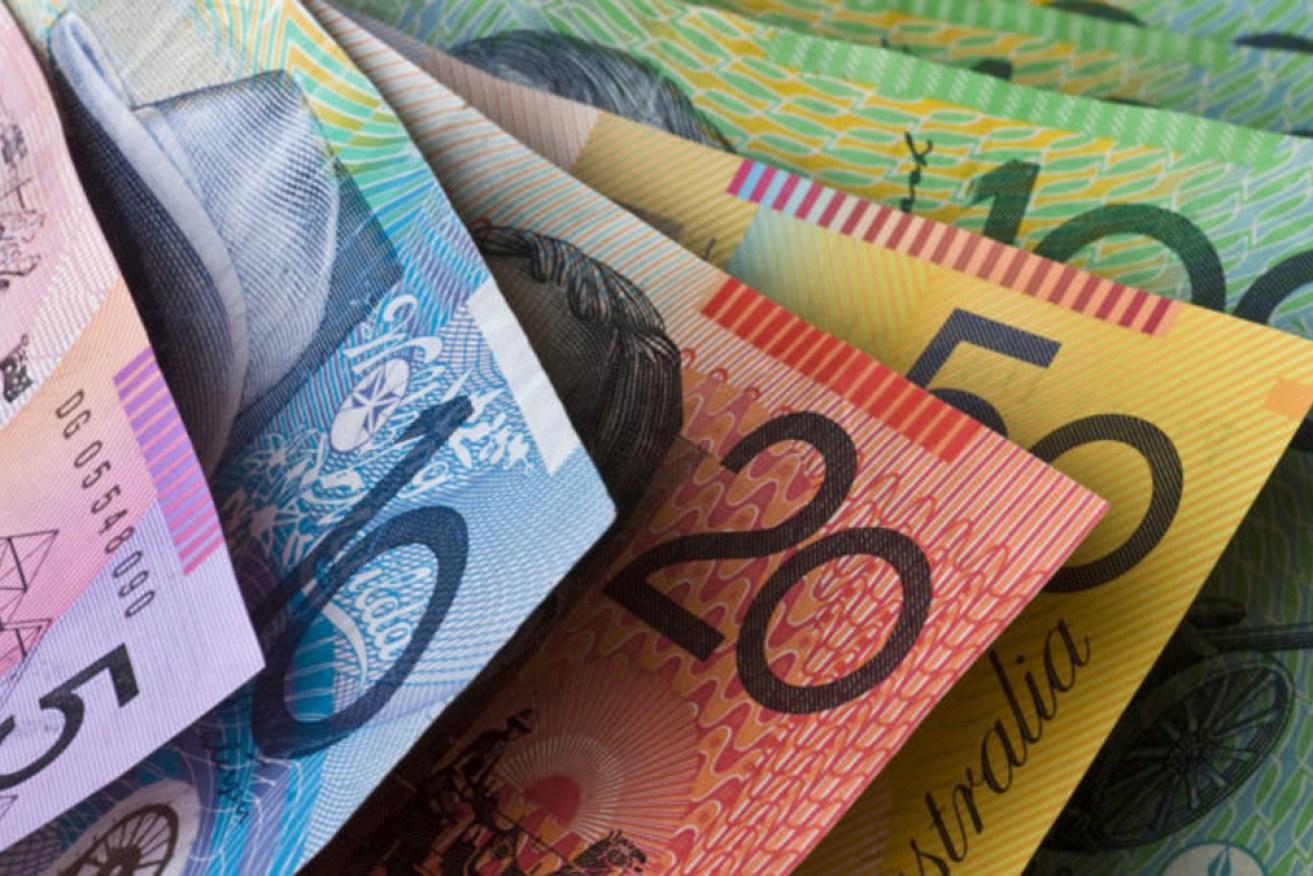Business, economists call for tax reform as politicians silent


Ai Group says tax reform could trigger a wave of foreign investment.
With a federal election approaching and Labor losing the 2019 poll over its tax policies, the Australian Industry Group has put forward a tax reform plan as each major policy remains silent on the issue.
But Ai Group’s plan does not involve building the country’s tax base, which Australia Institute chief economist Richard Denniss described as a “pity”.
“Australia clearly has a revenue problem and elections are the right time to talk about issues like that,” Dr Denniss said.
Instead, Ai Group is pushing for lower company taxes, a broader indirect tax base and the introduction of a resource rent tax that covers the entire mining industry.
Dr Denniss said cutting company tax from the current rate of 30 per cent to 25 per cent or less would only deliver more profits to foreign multinationals.
Australia’s “unique system of dividend imputation [means] a cut in company tax would not make a difference to Australian owners,” he said.
This is because the imputation system gives back to Australian investors the tax paid by the companies in which they own shares, meaning the level of company tax makes no difference to them.
Foreign multinationals would benefit from the change. But Dr Denniss said “there is no strong evidence that delivering benefits to foreign owners will be good for the Australian economy”.
Ai Group chief policy adviser Peter Burn took a different view though, saying a cut in the level of company tax would bring in new investment.
“The margin for investment is very much an international margin and the bigger market for investment is foreign investment,” Dr Burn said.
That means that international companies compare closely the returns available in different markets and lower tax rates encourage them to invest.
Adjusting the mix
Elsewhere, Ai Group recommends extending the resource rent tax, currently limited to the petroleum sector, across the minerals and energy sector to ensure big multinationals pay their fair share of tax.
If that happened, a cut in company tax could be offset by increases in tax paid by big miners, Dr Denniss said.
Ai Group also called for the replacement of fuel excise with a road-user tax.
“Fuel is falling fast as a proportion of expenditure because cars are becoming more efficient and electrification is about to take off,” Dr Burn said.
But making that transition now would only discourage the transition to electric vehicles, which at the moment pay no road-user charges outside Victoria and have very low fuel costs, Dr Denniss said.
Indirect taxes are falling as a percentage of total taxation because the excise on things like alcohol and tobacco is falling and revenue from the GST is only holding steady, Dr Burn said.
As a result, “you could bring health care into the GST net or raise indirect taxes elsewhere,” he said.
But that would be a difficult political decision.
GST reform represented a chance to increase Australia’s overall tax take to the average level of 38 OECD countries, Dr Denniss said.
“We’re a low-tax country [taking in about 28 per cent of GDP in taxes] and that is making it increasingly difficult,” he said.
“We can’t afford to help people after floods, to provide fire bombers for bushfires, and we couldn’t afford to provide free rapid antigen tests for COVID over summer.”
What we should tax
Although the Coalition talked of broadening the GST to cover fruit and vegetables, “any talk of broadening the GST ought to start with private school fees, which can cost up to $30,000 a year,” Dr Denniss said.
GST could also be levied on private health insurance fees as those two things “don’t deliver a lot of benefits to low-income Australians”.
Measures like that would significantly boost the overall tax take and help the country move closer to the 35 per cent OECD average tax rate, Dr Denniss said.
Moving to 35 per cent would require an extra annual tax income of $115 billion so would require significant new tax measures.
Dr Burn said Ai Group was not advocating for a higher tax take.
“We are not advocating that the government ought to be spending more on particular areas,” he said.
“I think what the community wants is that we should have the best tax system that we can for a given level of taxation.”
Meanwhile, Dr Denniss said the upcoming election should be a time to discuss tax reform but because of Labor’s defeat on the back of a range of new tax measures in 2019 that was unlikely.
“Because of the scare campaign run by the government [against Labor’s proposals] at the last election, I can understand why the Opposition would prefer not to bring it up at the moment,” he said.
“But whether we bring it up now or not, the problems are there and the problems need fixing.”
Dr Burn said Ai Group’s proposal on savings would see interest on savings and capital gains being taxed on 60 per cent of their nominal value, which would encourage people to save more outside superannuation.










